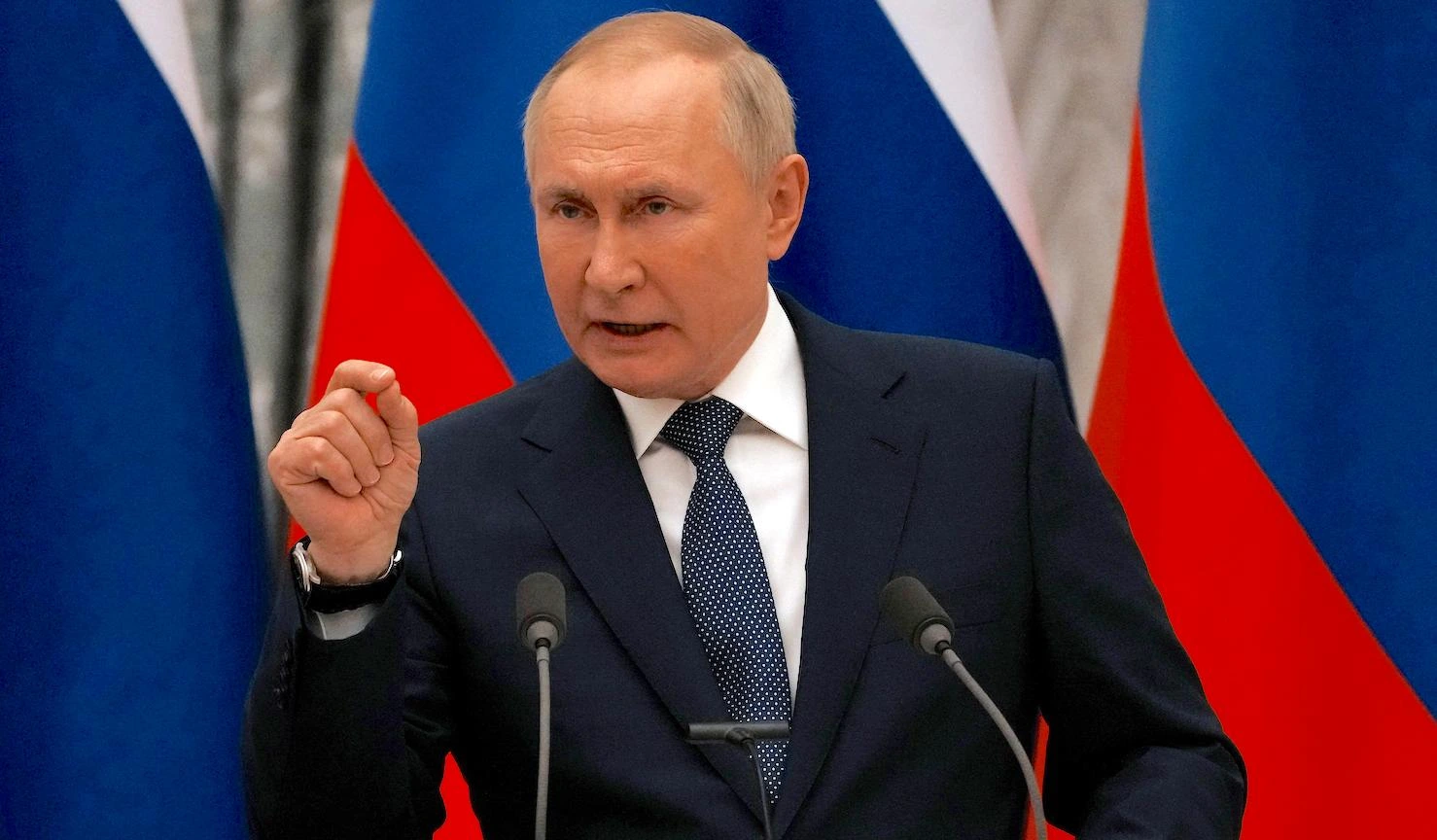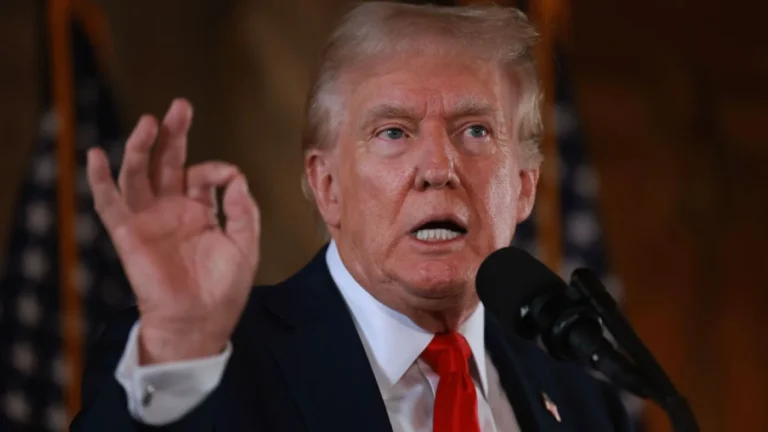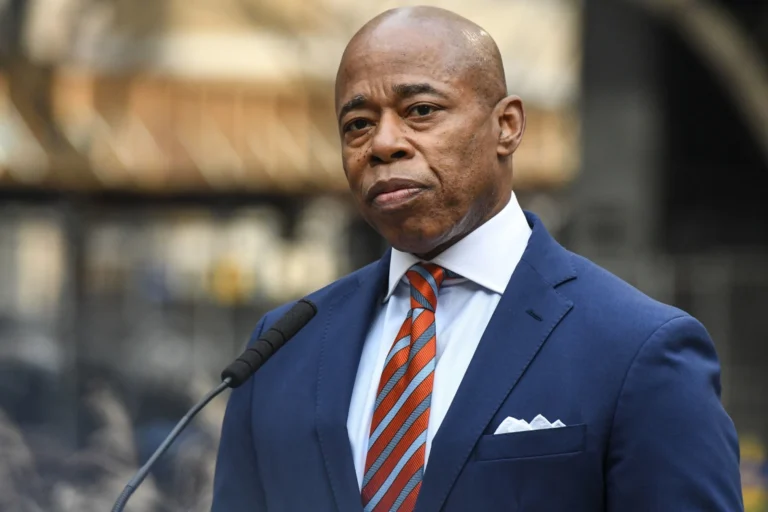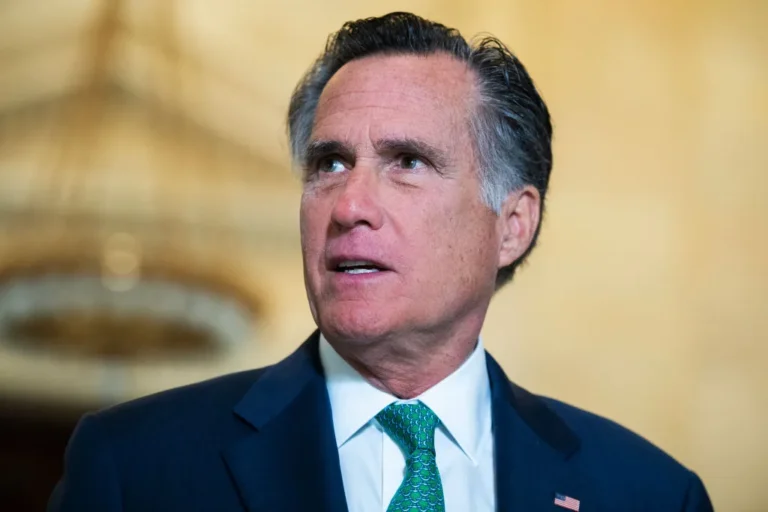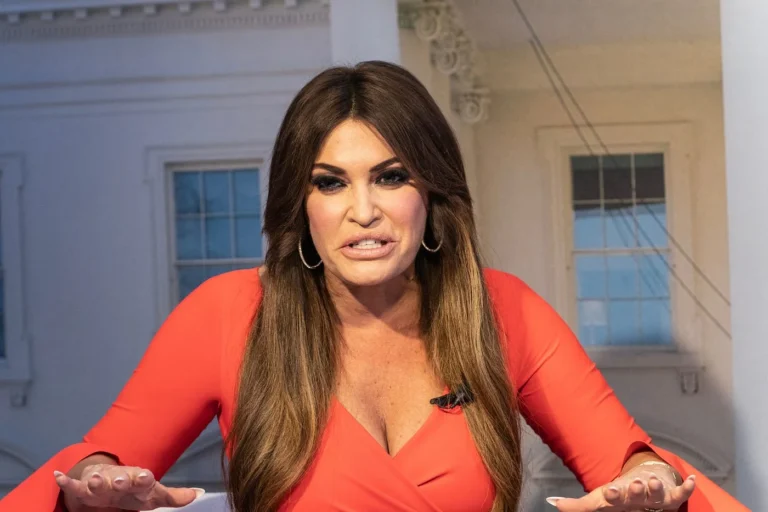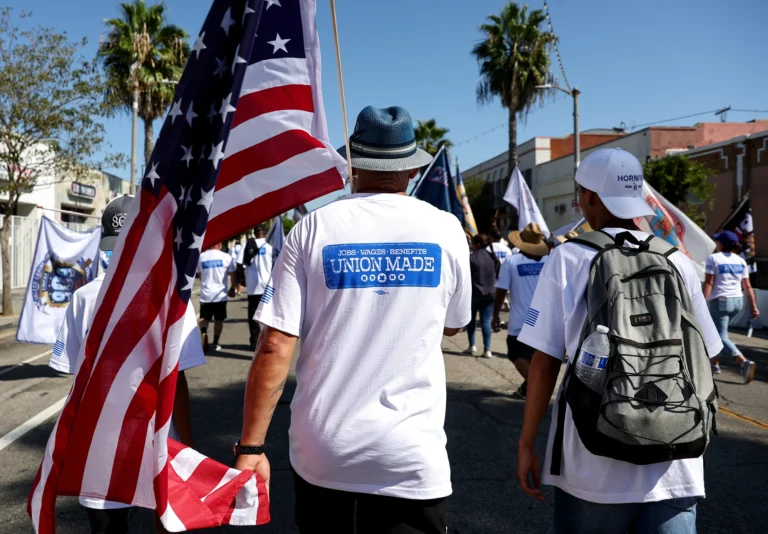Moldova’s EU Membership Referendum: A Fragile Victory Amid Russian Interference
A recent referendum in Moldova regarding its potential EU membership, which narrowly passed, has been celebrated as a significant win against Russian influence. However, ongoing allegations of Moscow’s meddling in the region could complicate Brussels’ efforts in integrating the former Soviet republic.
The referendum results were close, with a slim majority of 50.46% of voters supporting an amendment to the constitution that would allow for EU membership. Just hours before the announcement, as the “yes” vote appeared to be lagging, pro-Western President Maia Sandu held an emergency press conference, claiming that “foreign forces” had utilized cash and propaganda to sway the vote. Ultimately, the “yes” camp gained traction thanks to late support from Moldova’s diaspora abroad.
This referendum coincided with a presidential election in which Sandu secured the most votes but fell short of a majority, necessitating a second round. Throughout the campaign, accusations surfaced that Moscow had attempted to manipulate the outcome through vote-buying, funneling money via proxies, and employing social media to spread fear regarding EU membership. The Kremlin has denied these allegations and demanded proof of Sandu’s claims.
Romanian MEP Siegfried Mureșan, involved in facilitating Moldova’s EU accession, labeled the referendum as a “defeat for Russia.” Nevertheless, experts warn that Moscow is likely to continue its attempts to exert influence in Moldova, especially during the accession process and afterward. Jeremy Holt, head of Central and Eastern Europe at S-RM, noted that EU member states with closer ties to the Kremlin, like Hungary and Slovakia, could obstruct EU decision-making concerning Russian sanctions and support for Ukraine.
While the referendum result only amends Moldova’s constitution to allow for EU membership discussions, significant hurdles remain. Notably, the status of Transnistria—a Russian-speaking region that declared independence in a brief war in 1992 and is home to Russian troops—poses a major challenge. Additionally, Gagauzia, which has enjoyed a degree of autonomy since 1994, adds further complexity. Holt emphasized that the EU will likely consider security risks seriously during Moldova’s accession process, particularly regarding Transnistria.
Marta Mucznik, a senior analyst at the International Crisis Group, highlighted the split in public opinion regarding Moldova’s EU integration amid ongoing tensions from the war in Ukraine. Although Russian interference complicates the situation, she believes it won’t prevent EU leaders from advancing negotiations. However, Mucznik pointed out that any accession requires unanimous approval from all 27 EU member states, which could be influenced by fears of Russian destabilization in the region.
Brussels has taken proactive measures by establishing an EU Partnership Mission in Moldova aimed at countering disinformation and hybrid threats. Nonetheless, Mucznik stressed that decisions on EU enlargement depend on a delicate balance among EU leaders, their respective public opinions, and Brussels’ strategic priorities.
Holt added that not every “no” vote reflected Russian influence, as there are citizens in Moldova who oppose EU membership. Pro-Russian media, NGOs, and businesses continue to thrive in Transnistria and Gagauzia, indicating a long-term challenge in diminishing this influence and rebuilding trust in Moldovan state institutions.
Cristina Vanberghen, a visiting fellow at the European University Institute, remarked on this pivotal moment for Moldova’s European aspirations, emphasizing the need for preparation ahead of next year’s parliamentary elections. The Kremlin perceives this as a critical juncture to exert its influence in the region.
Following the referendum, Russian officials expressed skepticism regarding its legitimacy. Maria Zakharova, spokesperson for the Russian foreign ministry, stated that the referendum lacked decisive support, while Kremlin spokesman Dmitry Peskov criticized the electoral process as “unfree” and suggested that opposition voices were stifled. With the second round of the presidential election set for November 3, all eyes are on the outcome as Sandu faces off against Russia-friendly former prosecutor Alexandr Stoianoglo after securing 42% in the first round.
